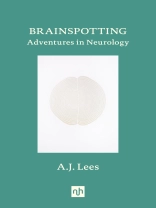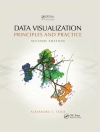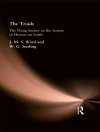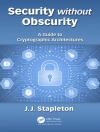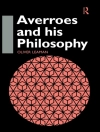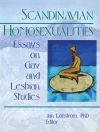As a trainee doctor, Andrew Lees was enthralled by his mentors: esteemed neurologists who combined the precision of mathematicians, the scrupulosity of entomologists and the solemnity of undertakers in their diagnoses and treatments. For them, there was no such thing as an unexplained symptom or psychosomatic problem – no difficult cases, only interesting ones – and it was only a matter of time before all disorders of the brain would be understood in terms of anatomical electrical and chemical connections.
Today, this kind of ‘holistic neurology’ is on the brink of extinction as a slavish adherence to protocols and algorithms – plus a worship of machines – runs the risk of destroying the key foundational clinical skills of listening, observation and imagination that have been at the heart of the discipline for over 150 years. In this series of brilliant, insightful and autobiographical essays, Andrew Lees takes us on a kind of Sherlock Holmes tour of neurology, giving the reader insight into – and defending – the deep analytical tools that the best neurologists still rely on to diagnose patients: to heal minds and to fix brains.
About the author
Dr Andrew Lees is a Professor of Neurology at the National Hospital, London. He is the recipient of numerous awards, including the American Academy of Neurology Lifetime Achievement Award, the Association of British Neurologist’s Medal, the Dingebauer Prize for outstanding research and the Gowers Medal. He is one of the three most highly cited Parkinson’s disease researchers in the world. He is the author of several books, including Ray of Hope, runner-up in the William Hill Sports Book of the Year, The Silent Plague, and the critically acclaimed Mentored by a Madman: The William Burroughs Experiment (NHE 2016) and, most recently, Brazil That Never Was (NHE 2020).
